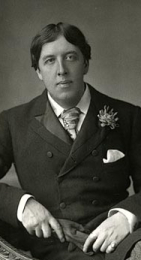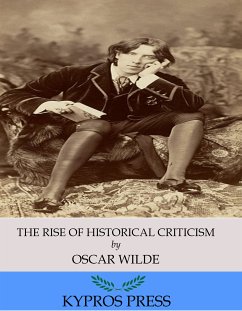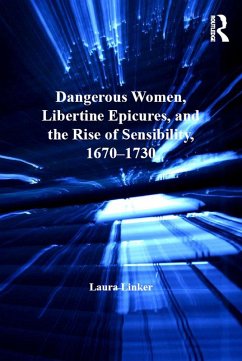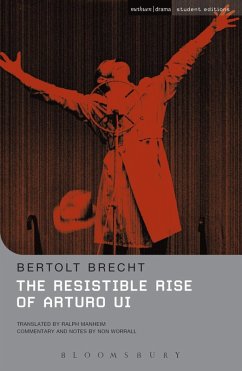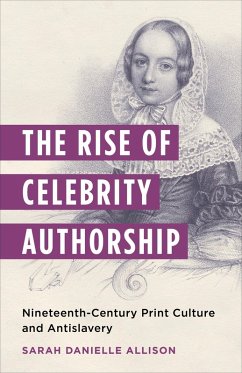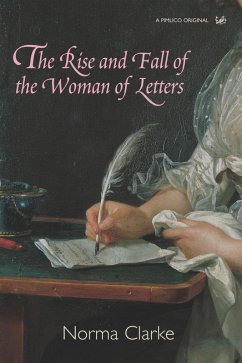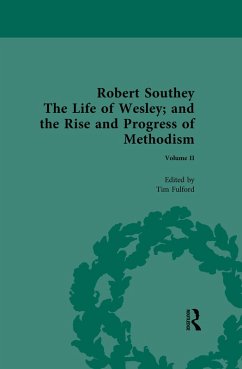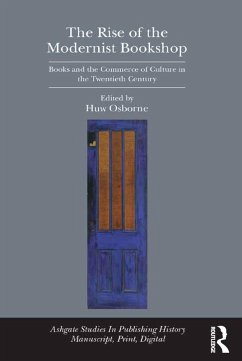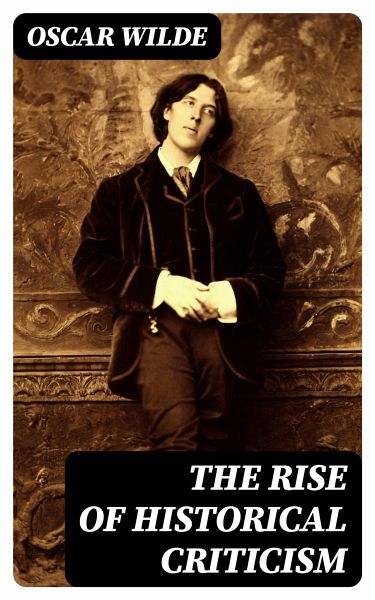
The Rise Of Historical Criticism (eBook, ePUB)

PAYBACK Punkte
0 °P sammeln!
In "The Rise of Historical Criticism," Oscar Wilde presents a compelling examination of the influence of historical context on literature and art. Through an elegant prose style interwoven with artistic wit, Wilde critiques the rigid conventions of his time, advocating for a more nuanced understanding of texts that acknowledges the socio-political forces shaping them. His engagement with the philosophical tenets of romanticism and the emerging modernist trajectory situates this work at a pivotal moment in literary discourse, reflecting early debates around the intersection of history and criti...
In "The Rise of Historical Criticism," Oscar Wilde presents a compelling examination of the influence of historical context on literature and art. Through an elegant prose style interwoven with artistic wit, Wilde critiques the rigid conventions of his time, advocating for a more nuanced understanding of texts that acknowledges the socio-political forces shaping them. His engagement with the philosophical tenets of romanticism and the emerging modernist trajectory situates this work at a pivotal moment in literary discourse, reflecting early debates around the intersection of history and criticism in the late 19th century. Oscar Wilde, a key figure of the Aesthetic Movement, was deeply influenced by his immersion in classical literature and vibrant cultural currents of his era. His own experiences with censorship and his trials against public morality, especially regarding his famous trials in 1895, provided him unique insight into the interplay of personal identity and historical context, motivating him to challenge conventional literary interpretations through this work. This book is essential for scholars and readers intrigued by the foundations of literary criticism and its historical underpinnings. Wilde's sharp intellect and passionate engagement with enduring questions about art, truth, and the past invite readers to reevaluate their understanding of literature and its contextual influences.
Dieser Download kann aus rechtlichen Gründen nur mit Rechnungsadresse in A, B, BG, CY, CZ, D, DK, EW, E, FIN, F, GR, H, IRL, I, LT, L, LR, M, NL, PL, P, R, S, SLO, SK ausgeliefert werden.




